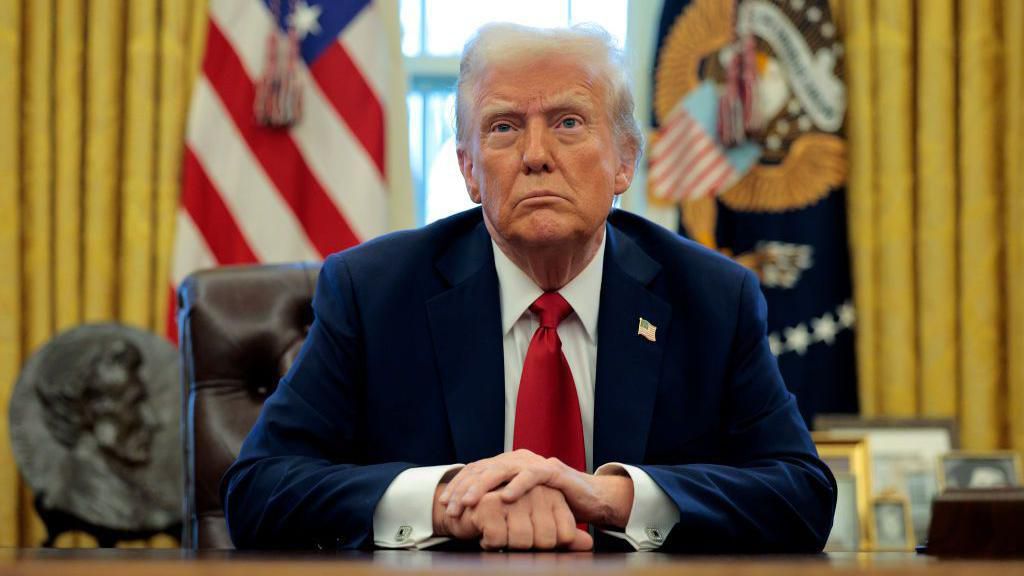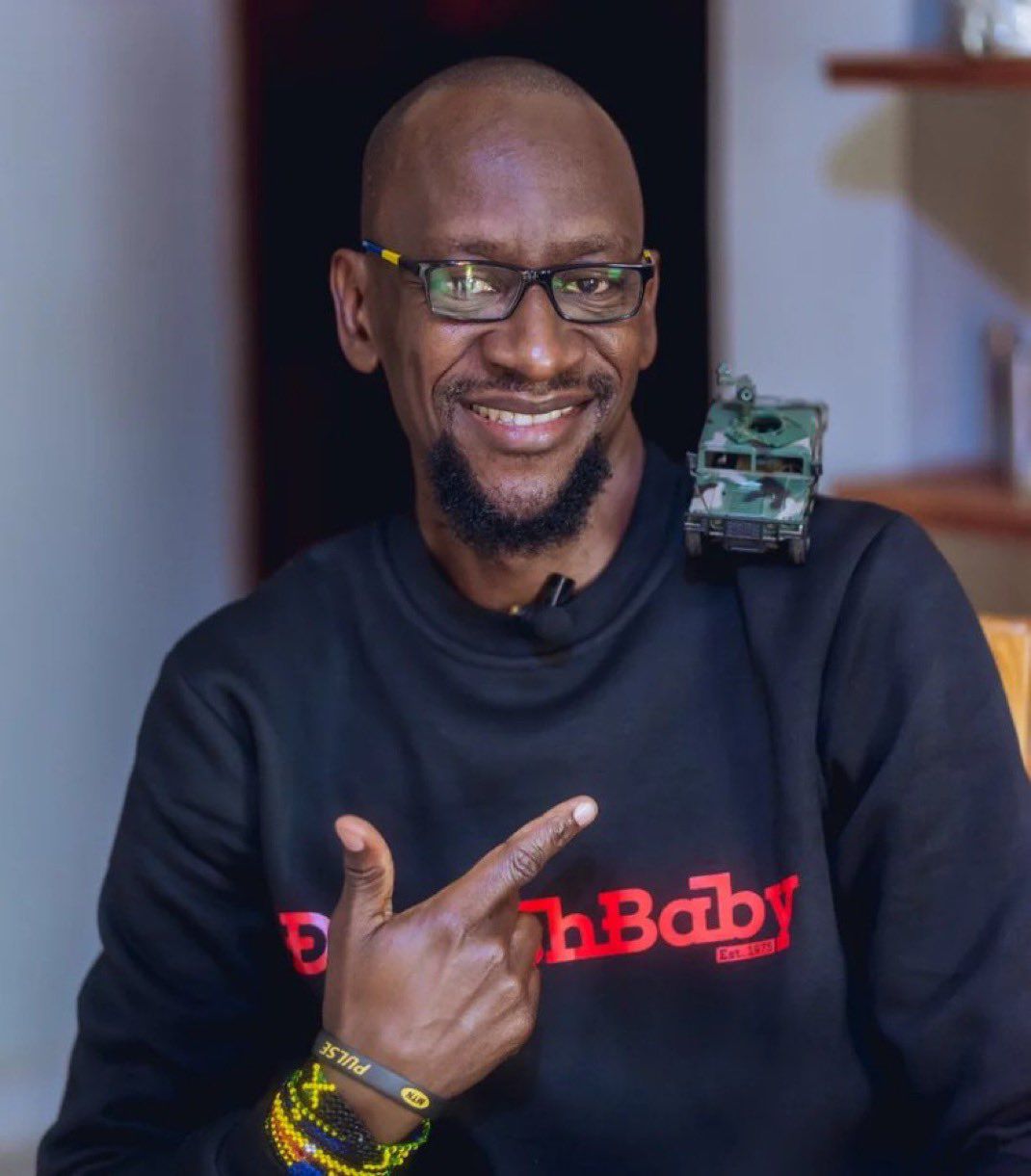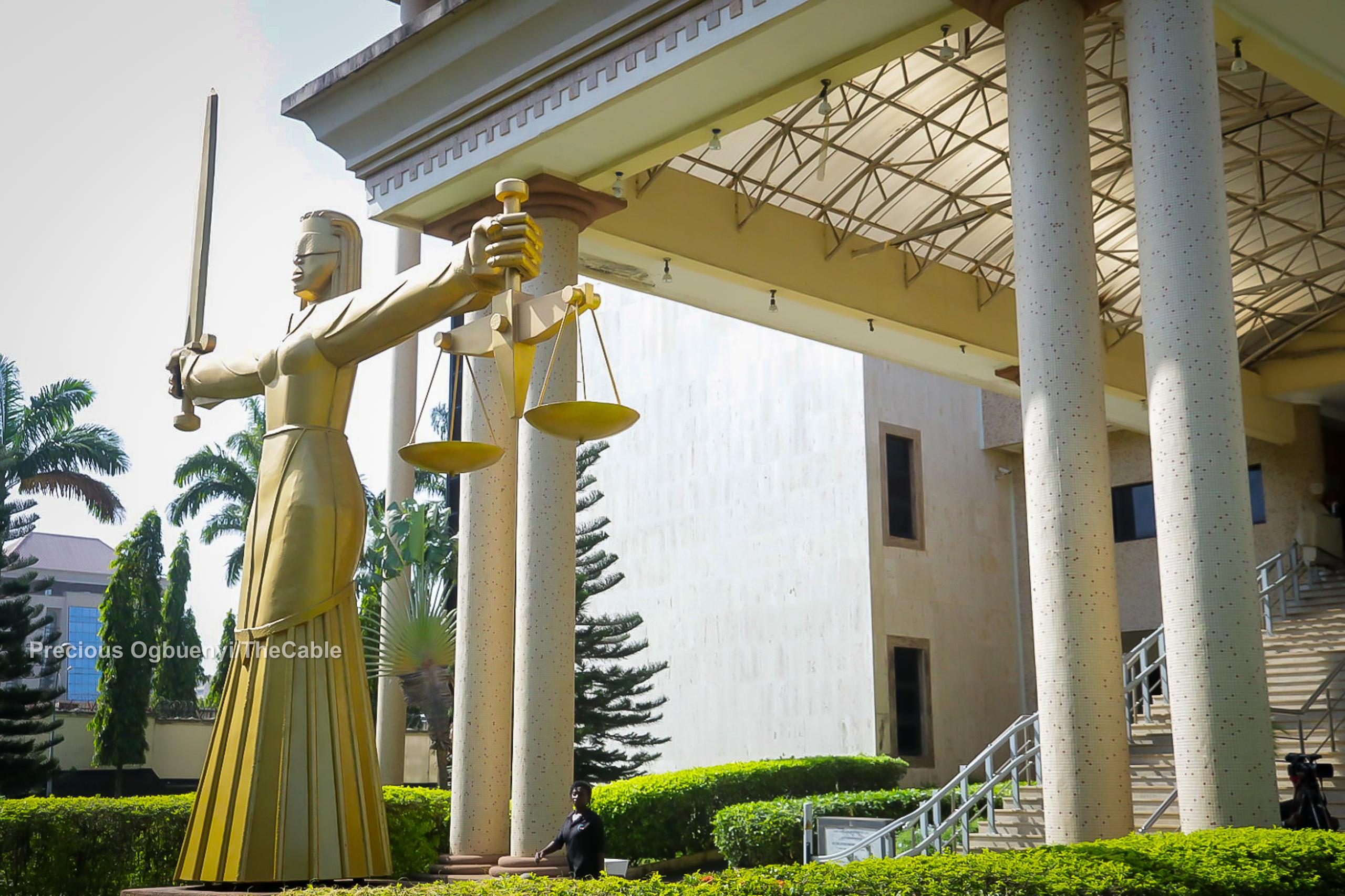Midnight exams: WAEC faces N100b lawsuit
A Lagos-based lawyer and human rights activist, Evans Ufeli, has dragged the West African Examinations Council, WAEC, and the Minister of Education before the Federal High Court sitting in Lagos, seeking redress for what he described as the gross violation of the fundamental rights of Nigerian students during the conduct of the 2025 West African Senior School Certificate Examination, WASSCE.
This is as the Head of WAEC Nigeria, Dr Amos Dangut, on Monday apologised profusely to Nigerians and admitted that logistical breakdowns—triggered by a last-minute question paper reprint due to leaks—were at the heart of the 2025 West African Senior School Certificate Examination (WASSCE), during which Nigerian students were forced to sit for English Language papers as late as 9 p.m. under poor lighting conditions.
He further revealed that WAEC’s internal printing press was operating at just 50 per cent capacity, forcing the council to rely on external vendors, which compromised the process.
In a suit filed on behalf of affected students, Ufeli is asking the court to declare the conduct of the May 2025 English Language examination as unlawful, inhumane, and constitutionally defective.
He accused the examination body and the Ministry of Education of subjecting students to degrading and traumatic conditions, including writing papers in darkness and unsafe environments, in some cases as late as 8pm.
The originating motion, brought pursuant to Sections 33, 34, 35, 36, and 46 of the 1999 Constitution (as amended), as well as relevant provisions of the Child Rights Act and the African Charter on Human and Peoples’ Rights, seeks a series of far-reaching judicial interventions.
These include an order compelling the authorities to conduct a re-sit of all affected exams under appropriate conditions and to pay N100 billion in damages for the trauma and rights violations suffered by the students.
In his application, Ufeli alleges that thousands of students were forced to sit for exams in “unsafe, dimly lit, and hazardous environments,” often without adequate lighting or security.
According to him, such conditions violate the rights to human dignity, fair hearing, and life, as guaranteed under Nigerian law and international treaties to which the country is a signatory.











